Childhood Elsewhere is a 6-part series on education around the world. Each part focuses on one country – Finland, India, Japan, Britain, Israel and China, and explores a country-specific question.
Finland: what is success?
Finnish education has no grading system and does not encourage competition. Despite this, Finnish students score highly on the PISA test. What do grades mean to Finns? What is their definition of achievement?
Japan: what is collectivity?
Education in Japan is characterised by the relationship between the individual and the collective. This episode examines the role of team work in early education.
India: what is happiness?
Similar to China, India has a large population with a huge gap between rich and poor. How are Indians dealing with problems when it comes to education? What is their unique “happiness curriculum”? How can they find happiness without material satisfaction?
Britain: what is nobility?
Like many parents from developing countries, rich Chinese parents send their very young children to Britain, hoping they will learn noble manners, such as riding horse and royal etiquette. How does today’s British society feel about nobility? How does it differ from Chinese expectations?
Israel: what is innovation?
Israel has survived in a hostile neighbourhood and is one of the most vibrant tech and start-up hubs of the world nowadays. This episode studies how Israel teaches creativity and innovation.
China: How to teach tradition to our future generation?
Tradition and modernity are often seen as a binary. Even in today’s education, Chinese are still looking for the common ground between the two. Many Chinese educators, artists and parents are searching for the answers. This is not a Chinese dilemma, but a universal one.
Host Yijun Zhou searches for the answers not only inside classrooms but also in the societies, to understand education within cultural and historical contexts.

